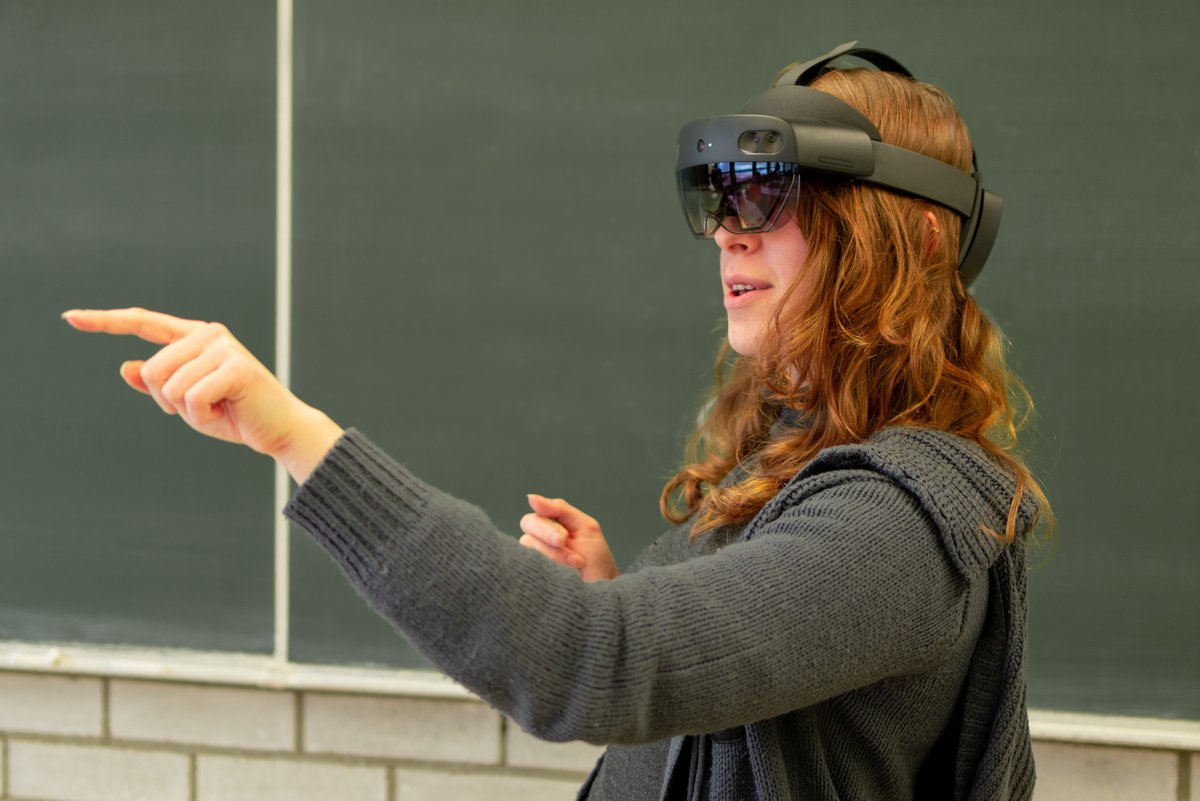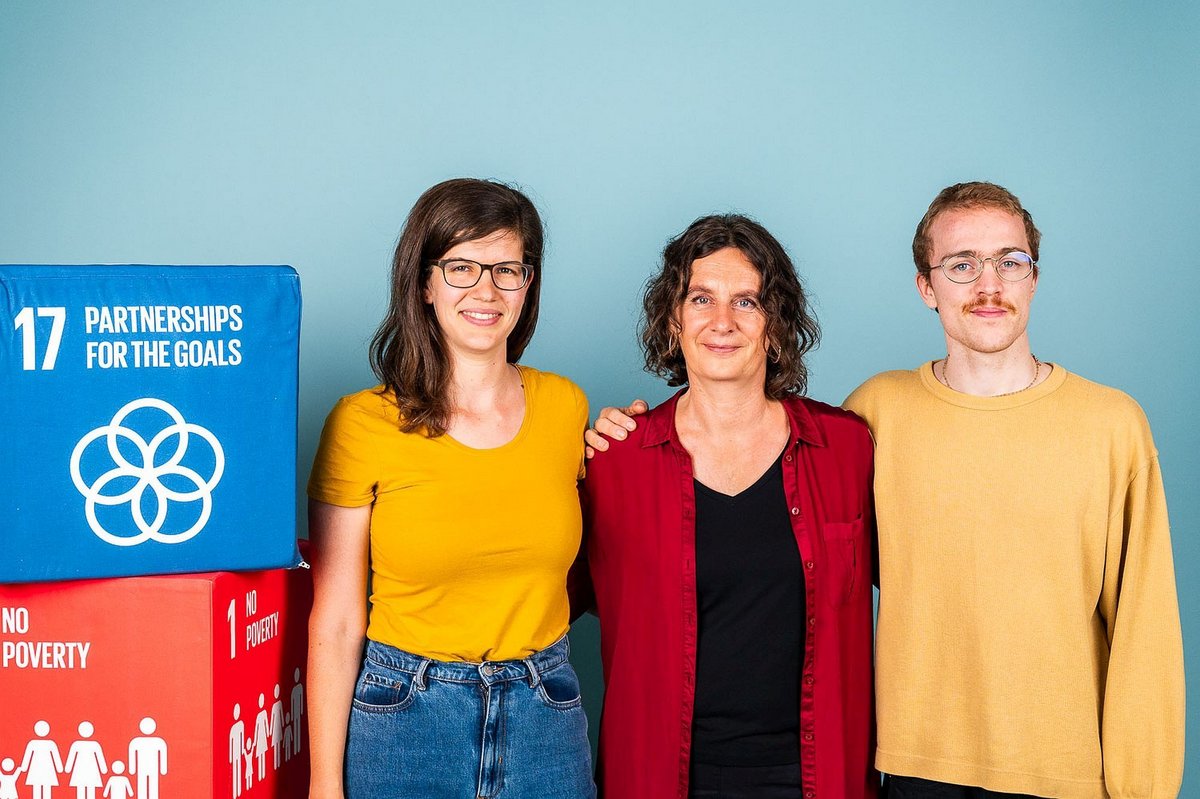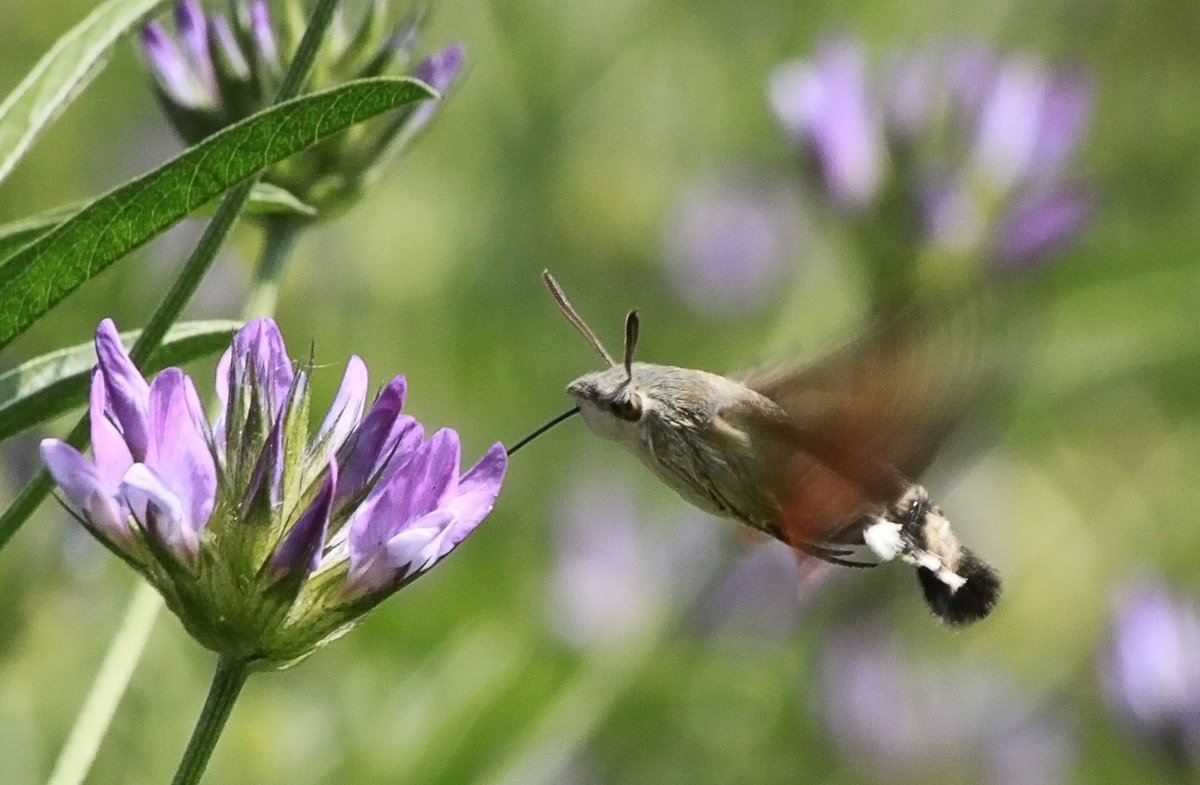
A firm eye on the proboscis
Just as when we humans reach for objects, the hummingbird hawk moth uses its visual sense to place its long proboscis precisely on a flower to search for nectar, according to a study by Konstanz biologists. This is why the moth is a great model organism for research into the visual control of appendages.
Read more
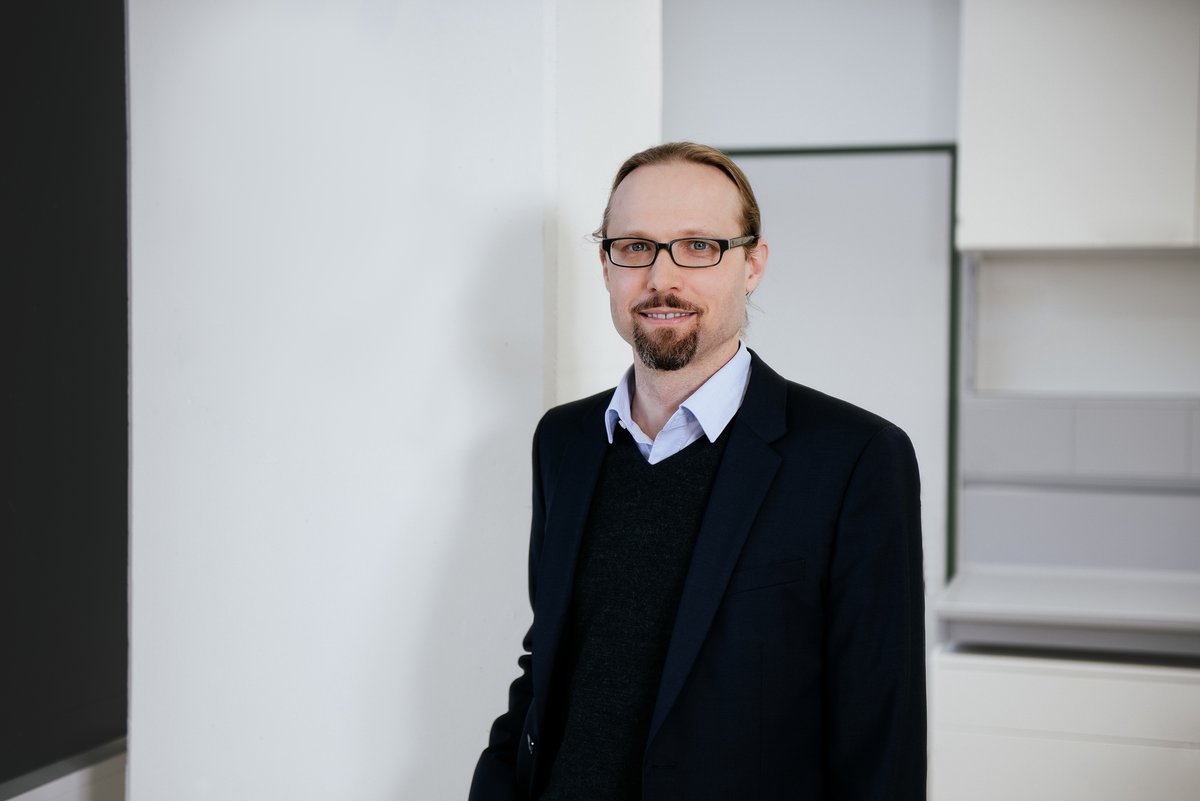


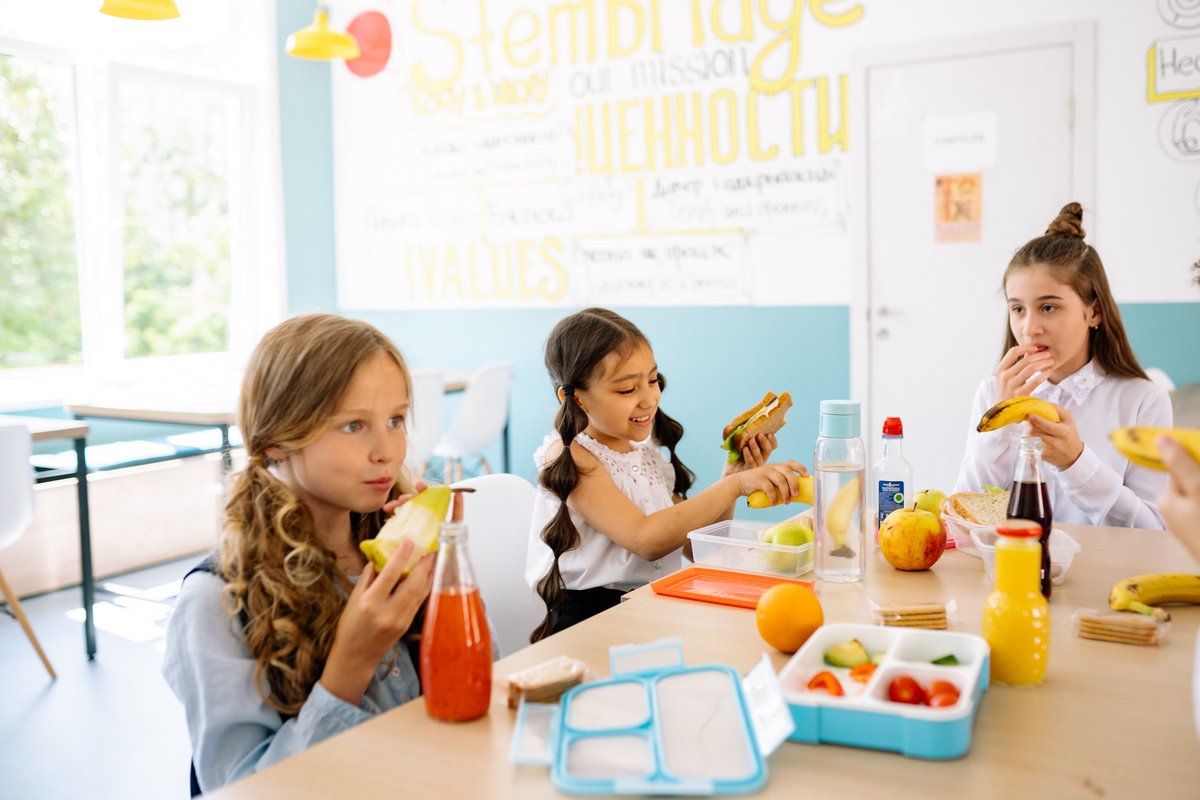
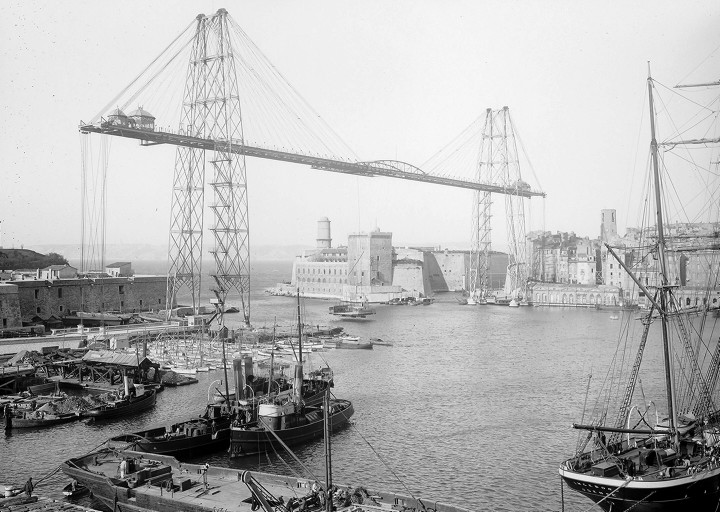
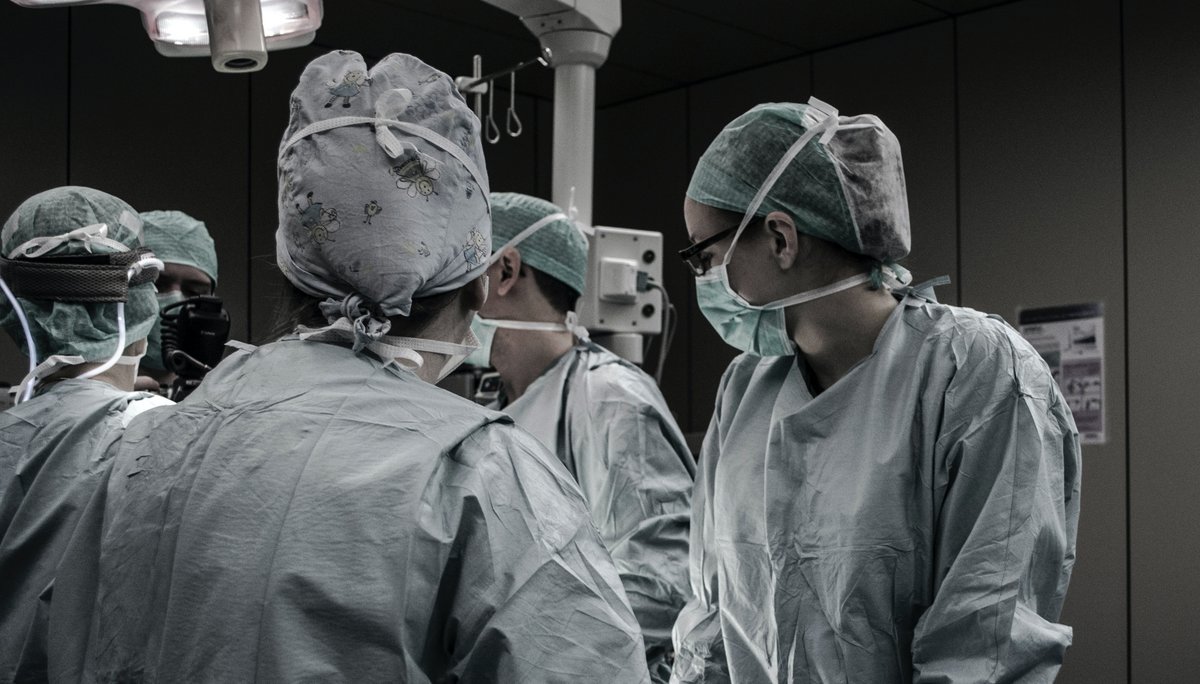
![[Translate to Englisch:]](/fileadmin/_processed_/a/9/csm_mechanismus-2_03e9820478.jpg)
